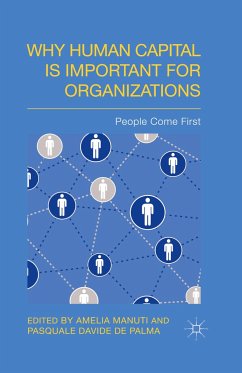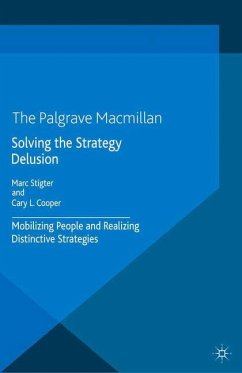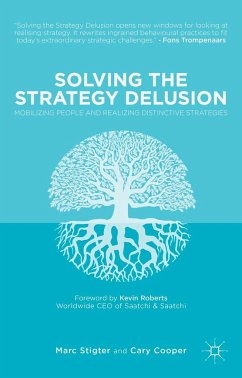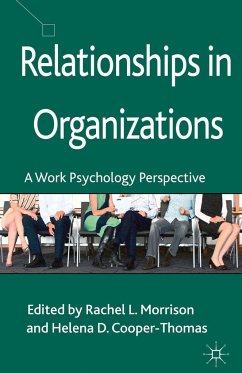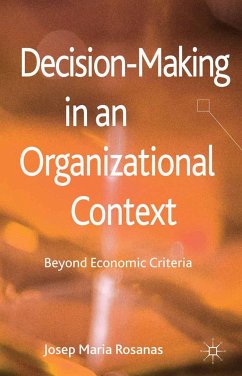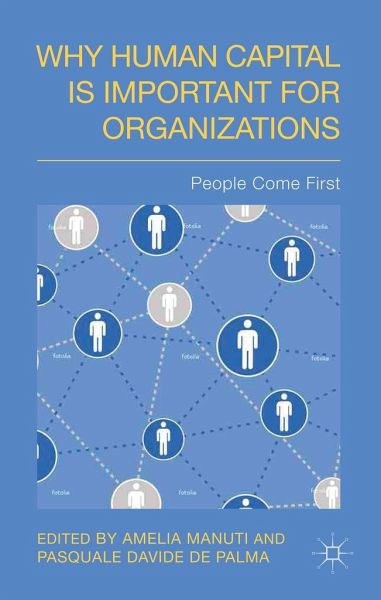
Why Human Capital Is Important for Organizations
People Come First
Herausgegeben: Manuti, A.; palma, P. de; Loparo, Kenneth A.

PAYBACK Punkte
19 °P sammeln!
This book encompasses eleven chapters dealing with some of the most important issues in the field of human resource management through the exploration of four key themes: drawing the scenario, the pivots of human capital, measuring human capital, and good practices from abroad.





